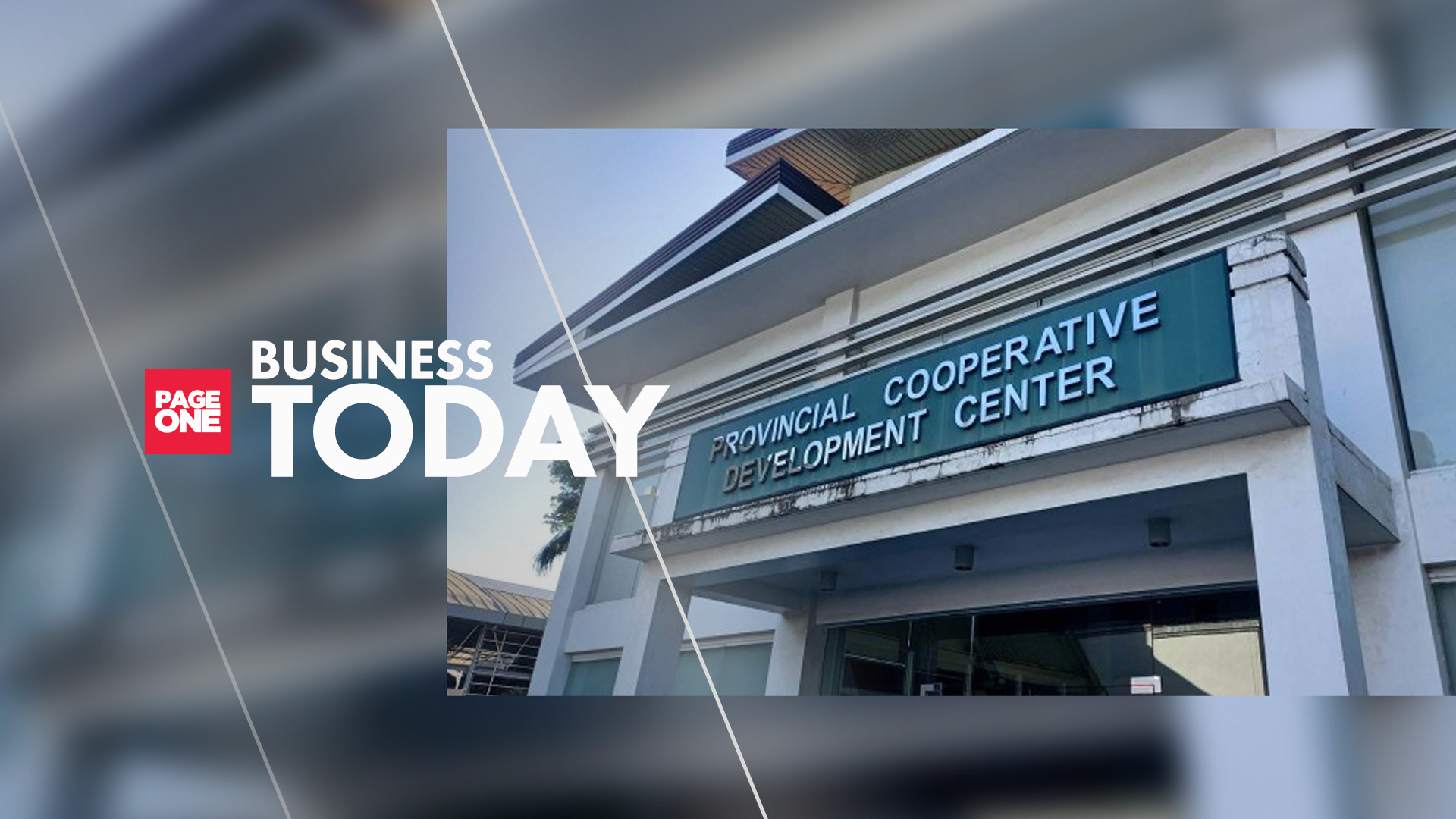The Provincial Cooperative, Livelihood and Entrepreneurial Development Office (PCLEDO) on Wednesday said qualified cooperatives can expect to receive government funding under the Investments in Rural Enterprise and Agriculture and Fisheries Productivity (I-REAP) program before the end of the year.
In an interview, PCLEDO head Celia Atienza said the I-REAP program is intended to assist small entrepreneurs, specifically those engaged in agriculture-related endeavors, to develop their businesses and expand their market.
The initiative is part of the Department of Agriculture’s Philippine Rural Development Project, which targets to increase the income, productivity and competitiveness of rural communities.
She revealed that top candidates for receiving I-REAP funding are cooperatives engaged in the processing of food and beverages derived from turmeric, honey, rice cakes, as well as “tawilis” (freshwater sardine) and “maliputo” (giant trevally), both fishes endemic to Taal Lake.
Additionally, those engaged in the weaving or processing of garments from locally-sourced materials, such as the Piña and Jusi cloth used in Barong Tagalog outfits and traditional Filipina dresses, are also highly favored by those managing I-REAP’s funding.
Atienza said the Batangas Dairy and Multi-Purpose Cooperative (BADACO) and Aga Farmers Multi-Purpose Cooperative (AGFAMCO) managed to secure their funding late last year.
Around PHP8 million was allocated for local cooperatives in this round of funding, she added.
It was further revealed that BADACO received PHP1.5 million in funding for its dairy sub-project, which it used to purchase a built-in milking machine and polyethylene bags for silage storage.
AGFAMCO also obtained PHP423,000 for purchasing various equipment including, de-hulling and de-pulping machines, vacuum sealers, and stainless steel working tables.
Atienza said the funding was awarded in hopes that the cooperatives can help revive Batangas’ traditional industries, such as coffee and dairy farming.
Meanwhile, Atienza said PCLEDO would expand the delivery of an ongoing training program in hopes of addressing the lack of know-how among cooperative officers in the province.
She said “the failure of many cooperatives can be traced to the lack of sufficient knowledge and necessary training of their officers and members alike.”
It was learned that many cooperatives found themselves in peril after the Cooperative Development Authority (CDA) issued a new guideline requiring cooperative officers to undergo mandatory training before obtaining certificates of compliance (COC).
To allow the stakeholders to meet the new requirement, the PCLEDO has begun offering training courses to local cooperatives that are in danger of falling short of the COC’s standards, Atienza said.
“The PCLEDO is an accredited training provider of the CDA. We aim that cooperative members will be trained because they are future leaders of the industry,” she added.
Atienza said the training program currently being offered includes audit management, general labor standards, policy formulation, financial, risk and credit management, basic accounting for non-accountant, strategic planning, and human resource management.
She recalled that in 2022, PCLEDO was able to conduct 68 training sessions that were attended by more than 6,000 participants.
“A hybrid of face-to-face and virtual training was adopted to ensure that the training also offer flexibility to the cooperative officers,” she said, adding that this year, PCLEDO aims to exceed its 2022 performance to meet its mandate of providing information and guidance to every cooperative in the province.
So far, the office has conducted 13 face-to-face training sessions in 2023, Atienza said. (PNA)








